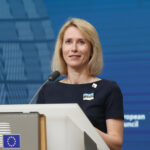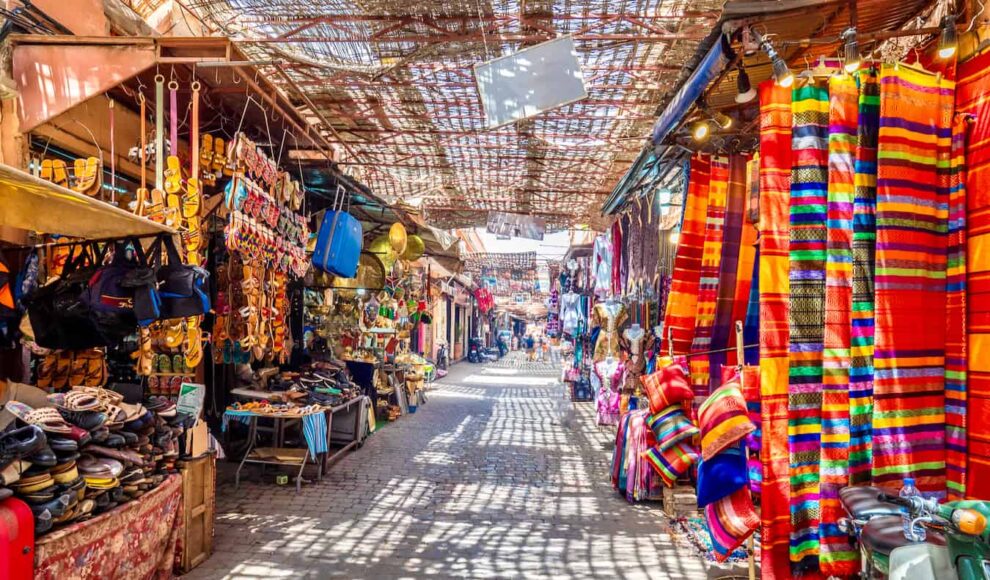In the wake of a tumultuous 2022, when the global economy weathered a storm of unprecedented shocks, the 12th annual report of the Economic, Social and Environmental Council (CESE) offers a nuanced perspective on Morocco’s economic landscape, providing insight into the complexities facing both developed and emerging nations.
Last year witnessed a significant downturn in global economic growth, plummeting from 6.3% to 3.4%, with inflation soaring from 4.7% in 2021 to 8.7% in 2022, primarily fueled by the reverberations of the Russo-Ukrainian war.
Against such a bleak background, the CESE’s latest report sheds light on these challenges and emphasizes the far-reaching impact of geopolitical events on commodity prices and inflation levels globally.
After delving into the strong headwinds facing the global economy, the report turns to the Moroccan economic landscape and outlines a slowdown in growth from 8 percent in 2021 to 1.3 percent in 2022.
According to the report, the complex interplay between the COVID-19 pandemic’s aftereffects and the current drought, which is impacting agricultural output, highlights the difficulty the country faces in maintaining a fragile equilibrium while dealing with both internal and external upheavals.
As Morocco’s economy continues to grapple with the ramifications of a wide range of emerging global challenges, the report highlights both positive and concerning trends. While sectors such as tourism have experienced a remarkable resurgence, with travel revenue soaring by 166%, challenges persist, the report noted. As evidence, it cited the negative impact of rising prices on the trade deficit, a spike in inflation to 6.6%, and a net loss of 24,000 jobs in 2022.
The CESE underscores the need for a nuanced approach to economic policy, urging a focus on improving the quality and efficiency of investment to propel Morocco towards higher growth.
The report noted a concerted effort towards reform in the second half of 2022, emphasizing the importance of institutional and regulatory improvements. Initiatives such as the adoption of the new investment charter and the operationalization of the Mohammed VI Investment Fund signaled a commitment to fostering a more conducive business environment, the report suggested.
In the face of persistent inflation, the report called for short-term measures to mitigate its impact on purchasing power. These include fortifying control over anti-competitive practices, exploring temporary price controls for essential products, and subsidizing agricultural inputs, the report noted.
It concluded that there is an urgent need to promote the quality and efficiency of investments, to adapt policies to support purchasing power in the face of persistent inflation, and to address the critical shortage of health workers in Morocco.
Source: Morocco World News















